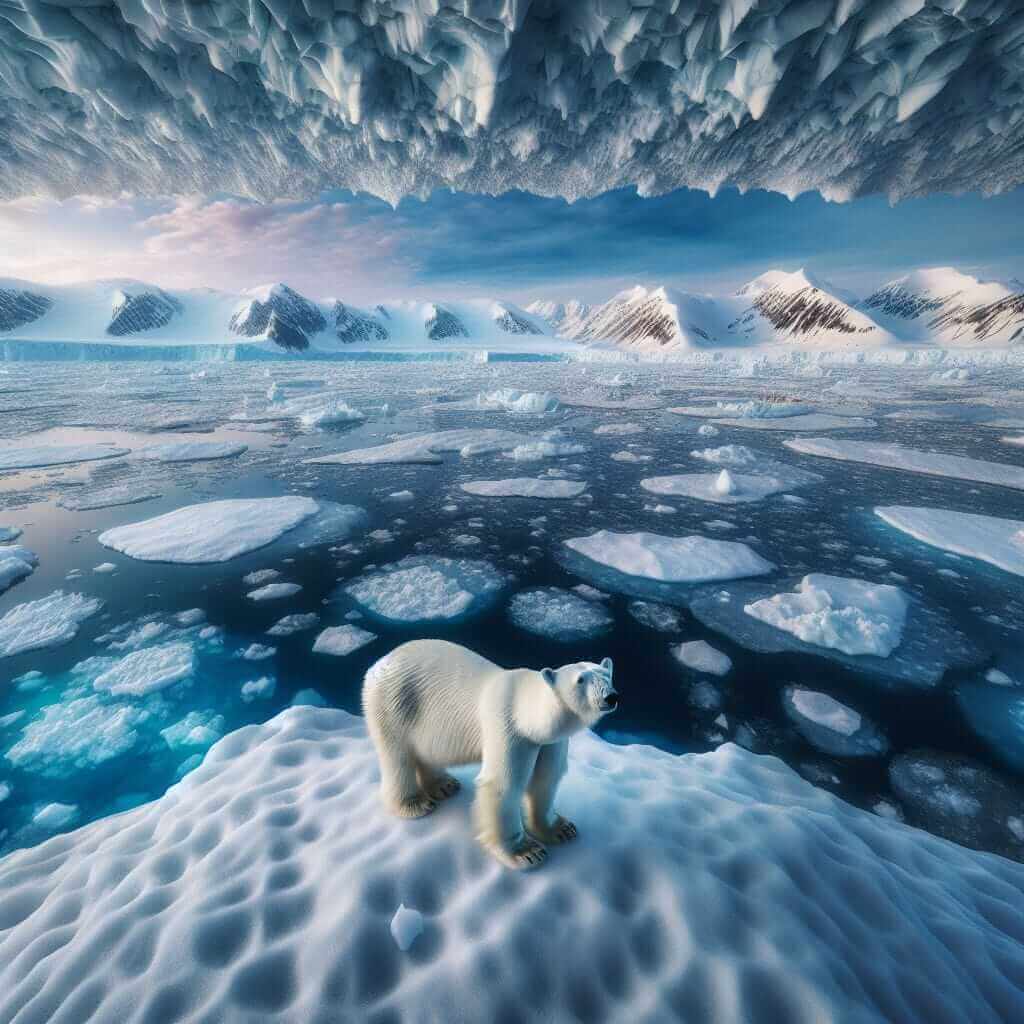The IELTS Reading test is an essential part of the IELTS exam, designed to evaluate a candidate’s capability to comprehend academic texts. The test has been known to include a variety of topics, and one that has increasingly gained importance due to its relevance is climate change and its impact on biodiversity. Understanding this subject not only equips you for the test but also enriches your knowledge of current global issues.
Recent data analyses from various internet sources and past IELTS test records indicate that topics such as climate change and biodiversity have a good probability of reappearing in future tests. Given the rising concerns about environmental changes, it is a timely and critical subject for IELTS candidates to master.
Reading Passage: The Consequences of Climate Change on Biodiversity
Easy Text
Passage
Climate change is one of the most pressing issues of our time, and its effects are being felt in various ways across the globe. One of the critical areas affected is biodiversity. Biodiversity refers to the variety of life on Earth, including plants, animals, fungi, and microorganisms. It is essential for maintaining the balance of ecosystems.
One major consequence of climate change on biodiversity is the alteration of habitats. As temperatures rise and weather patterns shift, many species find their habitats less hospitable. This leads to changes in species distribution and, in some cases, extinction. For instance, polar bears are losing their ice habitats due to melting ice caps, leading to a decline in their population.

Climate change also affects the timing of natural events such as migration and breeding. Birds, for example, may arrive at their migratory destinations before their food sources are available, leading to starvation and population decline. Similarly, plants may flower earlier than usual, which can disrupt the life cycles of the animals that rely on them.
Additionally, climate change can exacerbate the impact of other threats to biodiversity such as habitat destruction, pollution, and invasive species. For example, warmer temperatures may enable invasive species to expand into new areas, threatening native species.
In summary, climate change poses a significant threat to biodiversity by altering habitats, affecting natural events, and intensifying other environmental pressures. Conserving biodiversity requires global efforts to mitigate climate change and protect natural habitats.
Questions
-
Multiple Choice
- Which of the following best describes the main idea of the passage?
- A) The benefits of climate change.
- B) The impact of climate change on tourism.
- C) The consequences of climate change on biodiversity.
- D) The history of climate change.
- Which of the following best describes the main idea of the passage?
-
True/False/Not Given
- Climate change only affects animal species. False
-
Matching Headings
- Match the following headings to the correct paragraphs in the passage:
- i. Effects on natural events
- ii. Importance of biodiversity
- iii. Habitat alteration
- iv. Global efforts required
- Match the following headings to the correct paragraphs in the passage:
-
Sentence Completion
- Climate change can exacerbate the impact of other threats to biodiversity, such as ____.
Answer Key
- C) The consequences of climate change on biodiversity.
- False – The passage mentions both plants and animals.
- Matching Headings
- Paragraph 1: ii. Importance of biodiversity
- Paragraph 2: iii. Habitat alteration
- Paragraph 3: i. Effects on natural events
- Paragraph 4: iv. Global efforts required
- habitat destruction, pollution, and invasive species
Common Mistakes
- Misinterpreting the passage’s main idea: Focus on identifying key themes.
- Confusion between similar options in multiple-choice questions: Pay close attention to subtle differences.
Vocabulary Highlights
- Biodiversity (noun) /ˌbaɪ.oʊ.dɪˈvɝː.sə.ti/: the variety of plant and animal life in a particular habitat or in the world as a whole.
- Habitat (noun) /ˈhæb.ɪ.tæt/: the natural home or environment of an animal, plant, or other organism.
- Extinction (noun) /ɪkˈstɪŋk.ʃən/: the state or process of a species, family, or larger group being or becoming extinct.
- Invasive species (noun) /ɪnˈveɪ.sɪv ˈspiː.ʃiz/: non-native species that spread widely in a new area.
- Mitigate (verb) /ˈmɪt.ɪ.ɡeɪt/: to make less severe, serious, or painful.
Grammar Spotlight
Relative Clauses: Used to provide additional information about a noun. Example from the passage: “Birds, for example, may arrive at their migratory destinations before their food sources are available, leading to starvation and population decline.”
- Who/Whom/Whose: for people.
- Which: for animals and things.
- That: for people, animals, and things (especially in defining relative clauses).
Conclusion
Understanding the consequences of climate change on biodiversity is not only crucial for the IELTS Reading test but also vital for appreciating the urgency of global ecological issues. Regular practice using structured reading passages, engaging with diverse question types, and expanding your vocabulary and grammar skills are key strategies to excel in the IELTS Reading test. Always stay updated on current affairs, as topics of global importance frequently appear in the exams.
Consistent study, the application of effective strategies, and a keen awareness of ongoing global issues will put you on the path to success in your IELTS Reading test.